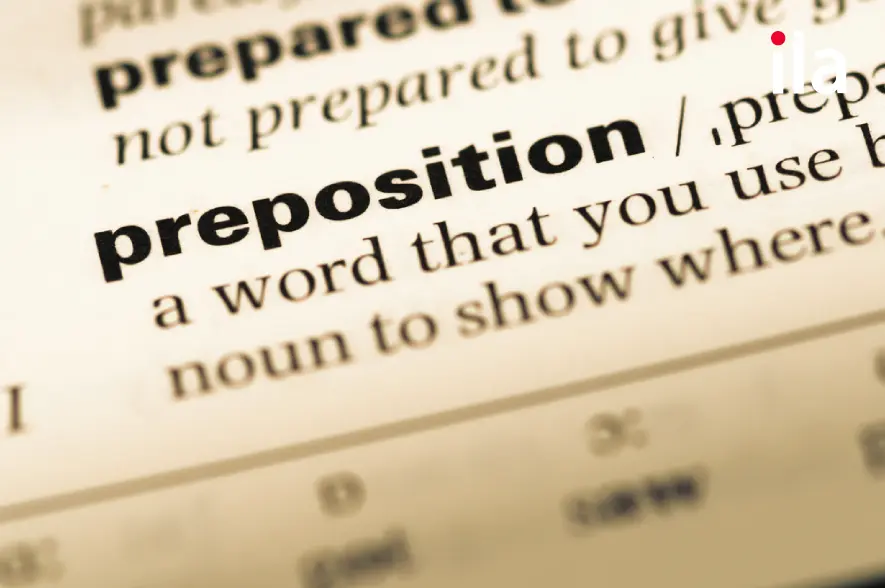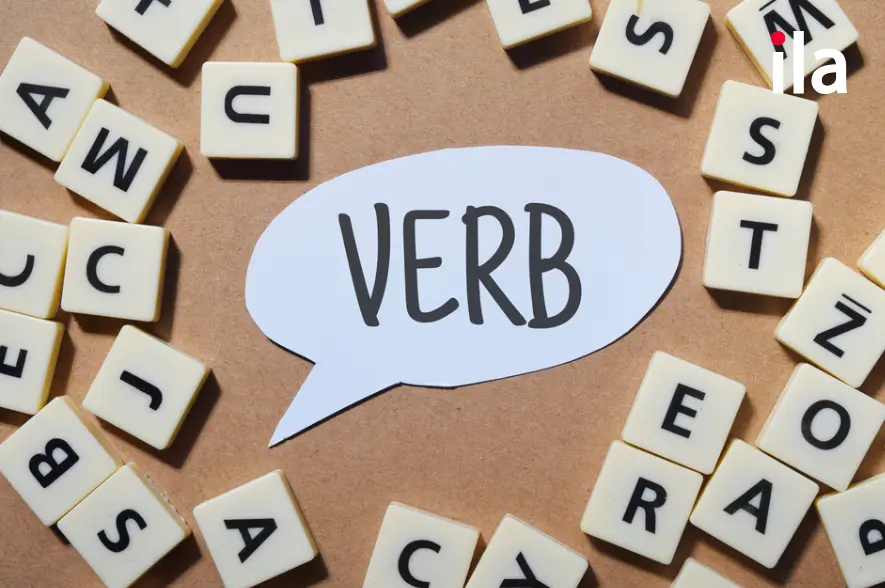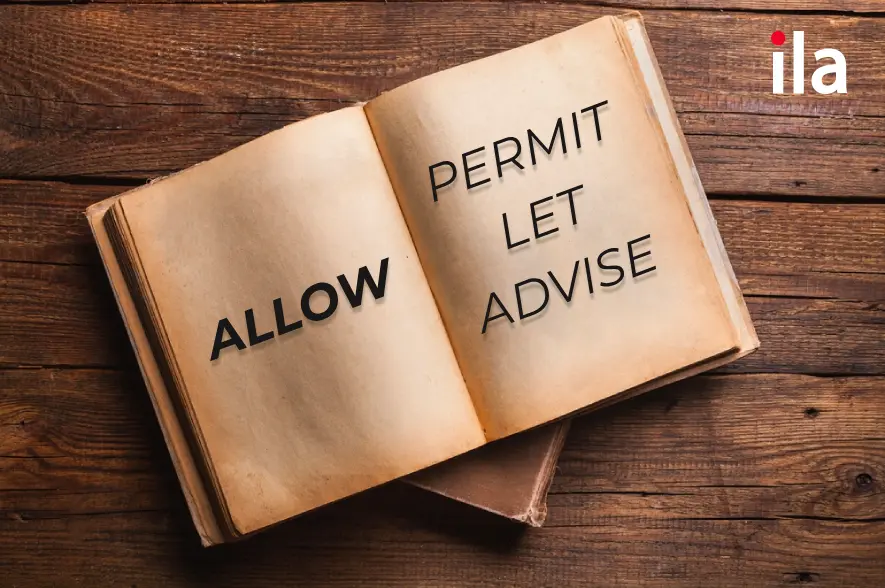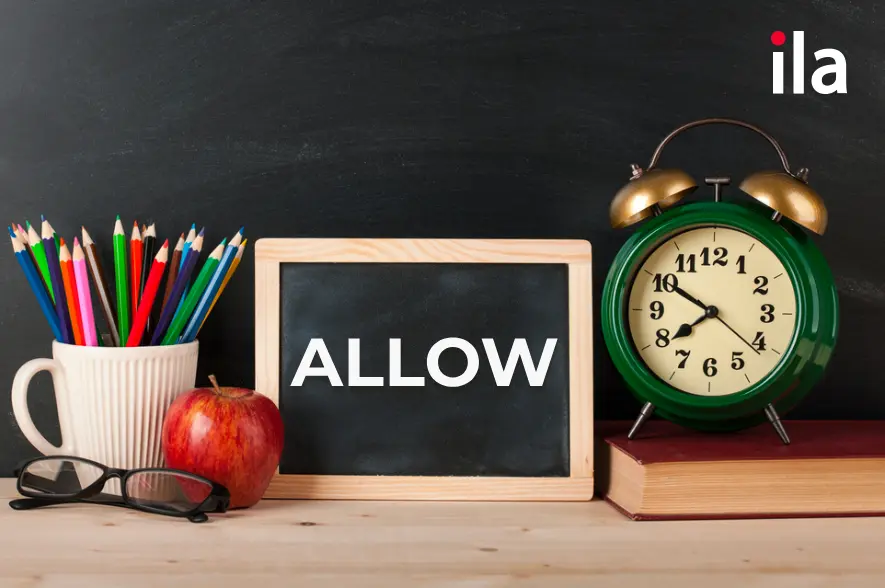Thuộc lòng cấu trúc allow trong vòng 10 phút
Cấu trúc allow được dùng để diễn tả sự cho phép ai đó làm điều gì hoặc thể hiện thái độ lịch sự khi đề nghị sự giúp đỡ. Vậy allow + gì? Sau allow là to V hay Ving? Allow đi với giới từ gì? Hãy cùng ILA học thuộc lòng cấu trúc cơ bản này trong vòng 10 phút nhé!
Cấu trúc allow + gì?

Để trả lời cho câu hỏi “allow + gì?”, bạn nên tổng hợp kiến thức ngữ pháp tiếng Anh cơ bản này thành các công thức dễ nhớ sau đây.
1. Công thức allow + sb
S + allow + sb + to-V + sthCấu trúc allow + sb được sử dụng khi diễn tả sự cho phép ai đó làm gì.
Ví dụ:
• My parents allow me to stay out late on weekends. (Bố mẹ cho phép tôi ra ngoài muộn vào cuối tuần.)
• The teacher allows the students to use calculators during the exam. (Giáo viên cho phép học sinh sử dụng máy tính trong kỳ thi.)
• The company allows employees to work from home. (Công ty cho phép nhân viên làm việc tại nhà.)
2. Công thức allow + for
S + allow + for + sb/thCấu trúc allow + for diễn tả ai đồng ý / chấp nhận điều gì.
Trong trường hợp này, cấu trúc allow diễn tả ai/cái gì đó chấp nhận hoặc cho phép điều gì.
Ví dụ:
• The schedule allows for a lunch break between 12 PM and 1 PM. (Lịch trình cho phép có giờ nghỉ trưa từ 12 giờ đến 1 giờ chiều.)
• The budget allows for additional expenses in case of emergencies. (Ngân sách cho phép có chi phí bổ sung trong trường hợp khẩn cấp.)
• The seating arrangement allows for up to 100 guests at the event. (Cách sắp xếp chỗ ngồi cho phép tối đa 100 khách mời tham dự sự kiện.)
• The software allows for easy customization and personalization. (Phần mềm cho phép tùy chỉnh và cá nhân hóa dễ dàng.)

3. Công thức allow + of
S + allow + of + sth…Cấu trúc allow + of được dùng để bạn diễn tả sự cho phép, chấp nhận hay nhường chỗ cho cái gì đó.
Ví dụ:
• The company policy allows for a maximum of two weeks of vacation per year. (Chính sách công ty cho phép nghỉ tối đa hai tuần mỗi năm.)
• The rules allow for the consumption of food and drinks in the designated area. (Quy định cho phép tiêu thụ thức ăn và đồ uống trong khu vực được chỉ định.)
• The contract allows for the transfer of ownership of the property upon completion of payment. (Hợp đồng cho phép chuyển nhượng quyền sở hữu tài sản sau khi hoàn tất thanh toán.)
>>> Tìm hiểu thêm: Cách học ngữ pháp tiếng Anh ghi nhớ nhanh và ngấm lâu
Cấu trúc allow đi với giới từ gì?

Ngoài các giới từ for hay of ở các cấu trúc trên. Allow có thể kết hợp thêm với các giới từ in/out/up khi muốn mô tả sự cho phép của ai đó vào đâu/rời đi/đứng dậy làm việc gì đó. Ta có công thức allow đi với giới từ như sau:
S + allow + sb + up/in/out/…Ví dụ:
• The teacher allows the students in the class up to use their cell phones during break time. (Giáo viên cho phép học sinh sử dụng điện thoại di động trong thời gian nghỉ giải lao.)
• The company allows its employees out for lunch break. (Công ty cho phép nhân viên ra ngoài trong giờ nghỉ trưa.)
• My parents allow me in my room up to play video games for an hour. (Ba mẹ cho phép tôi chơi game trong phòng một tiếng.)
• The park doesn’t allow dogs in. (Công viên không cho phép chó vào bên trong.)
>>> Tìm hiểu thêm: Giải đáp thắc mắc trước giới từ là gì để sử dụng cho đúng
Sau allow là to-V hay V-ing?

Nhiều bạn thắc mắc rằng allow to-V hay V-ing? Câu trả lời lời là cả hai câu trúc allow to-V và allow V-ing đều đúng. Tuy nhiên, tùy vào ngữ cảnh và dụng ý muốn truyền tải mà bạn chọn một trong hai cấu trúc trên.
Ví dụ:
• The teacher allows Nick to use calculators during the exam. (Giáo viên cho phép Nick sử dụng máy tính trong kỳ thi.)
• The teacher allows using calculators during the exam. (Giáo viên cho phép sử dụng máy tính trong kỳ thi.)
Lưu ý: Công thức allow V-ing được sử dụng khi đối tượng được cho phép không cần nhắc đến. Còn dùng allow to-V khi có đối tượng cụ thể.
ĐĂNG KÝ GHI DANH LỚP NGỮ PHÁP TIẾNG ANH MIỄN PHÍI
>>> Tìm hiểu thêm: Tổng hợp tất cả cách chia động từ trong tiếng Anh
Phân biệt allow với permit, let và advise

Cấu trúc allow, permit, let và advise có nghĩa tương tự nhau có thể khiến bạn bối rối khi học tiếng Anh về chủ đề này. Sau đây là cách phân biệt 4 cấu trúc:
Permit
Cách dùngVí dụ Permit và allow có thể thay thế được cho nhau cả trong văn viết lẫn văn nói. Tuy nhiên, permit được dùng trong ngữ cảnh trang trọng hơn.Ngoài ra, allow có thể đi kèm với trạng từ, còn permit thì không.
• Nick did not allow me to buy this dress. (Nick đã không cho phép tôi mua chiếc váy này.)• The museum permits photography, but without flash. (Bảo tàng cho phép chụp ảnh, nhưng không được dùng đèn flash.)
Let
Allow lịch sự và trang trọng hơn. Trong khi đó let lại mang cảm giác gần gũi và thân thiện hơn. • My parents allow me to stay out late on weekends. (Cha mẹ cho phép tôi đi ra ngoài muộn vào cuối tuần.)• Let me help you with carrying those bags. (Để tôi giúp bạn mang những túi đó.)
Advise
Khác với allow, động từ advise không mang nghĩa cho phép hay chấp nhận điều gì, mà nó diễn tả hành động khuyên bảo ai đó. • I advised her to take a break and relax. (Tôi đã khuyên cô ấy nghỉ ngơi và thư giãn.)• They allowed us to use their swimming pool during our vacation. (Họ cho phép chúng tôi sử dụng hồ bơi của họ trong kỳ nghỉ của chúng tôi.)
>>> Tìm hiểu thêm: Phương pháp học tiếng Anh hiệu quả nhất thế giới dành cho bạn
Bài tập cấu trúc allow (có đáp án)

Để thuộc nằm lòng các công thức của cấu trúc allow, bạn cần thực hành với các bài tập liên quan. Đây còn là một cách hiệu quả giúp bạn luyện viết tiếng Anh và tích lũy kiến thức khi học nói tiếng Anh.
Bài tập 1: Hoàn thành câu sử dụng dạng đúng của động từ trong ngoặc sử dụng cấu trúc allow
1. The teacher allows her students __________ (use) calculators during the exam.
2. We were not allowed __________ (take) photographs inside the museum.
3. They will allow us __________ (bring) our own food to the party.
4. She was not allowed __________ (leave) the house after midnight.
5. The company doesn’t allow employees __________ (access) social media sites at work.
6. The manager allows his team members __________ (work) flexible hours.
7. The hotel doesn’t allow guests __________ (bring) pets.
8. Students are not allowed __________ (use) cell phones during the exam.
9. The airline company allows passengers __________ (carry) one small bag on board.
10. Children under 12 years old are not allowed __________ (watch) the movie.
Bài tập 2: Viết lại câu sao cho nghĩa không đổi (sử dụng cấu trúc allow)
1. The teacher doesn’t let students use their phones in class. The teacher doesn’t allow students ………………………………….
2. My parents didn’t permit me to go to the party. My parents didn’t allow me …………………………………………….
3. The company doesn’t allow employees to access social media during working hours. The company doesn’t permit employees ………………………………
4. The security guard didn’t let us enter the building without showing our IDs. The security guard didn’t allow us …………………………………….
5. The park rules don’t permit visitors to bring their pets inside. The park rules don’t allow visitors ……………………………………
6. My parents don’t let me stay out late at night. My parents don’t allow me …………………………………………..
7. The sign says, “No smoking in this area.” The sign states, “No smoking ……………………………………………..”
8. The hotel policy doesn’t allow pets in the rooms. The hotel policy prohibits ………………………………………………
9. The coach doesn’t let the players skip practice. The coach doesn’t allow ………………………………………………..
10. The park rules don’t let visitors feed the animals. The park rules prohibit ………………………………………………..
Bài tập 3: Hãy chọn đáp án đúng
1. The teacher doesn’t allow students ______ their phones in class.
a) to use
b) use
c) used
2. The gym allows members ______ their own water bottles.
a) bring
b) bringing
c) brought
3. The company policy doesn’t allow employees ______ personal emails during working hours.
a) access
b) accessed
c) accessing
4. The museum allows visitors ______ photographs, but without flash.
a) to take
b) took
c) take
5. The park doesn’t allow dogs ______ off-leash.
a) to run
b) run
c) ran

Đáp án bài tập cấu trúc allow
Bài tập 1
1. The teacher allows her students to use calculators during the exam.
2. We were not allowed to take photographs inside the museum.
3. They will allow us to bring our own food to the party.
4. She was not allowed to leave the house after midnight.
5. The company doesn’t allow employees to access social media sites at work.
6. The manager allows his team members to work flexible hours.
7. The hotel doesn’t allow guests to bring pets.
8. Students are not allowed to use cell phones during the exam.
9. The airline company allows passengers to carry one small bag on board.
10. Children under 12 years old are not allowed to watch the movie.
Bài tập 2
1. The teacher doesn’t allow students to use their phones in class.
2. My parents didn’t allow me to go to the party.
3. The company doesn’t allow employees to access social media during working hours.
4. The security guard didn’t allow us to enter the building without showing our IDs.
5. The park rules don’t allow visitors to bring their pets inside.
6. My parents don’t allow me to stay out late at night.
7. The sign states, “No smoking is allowed in this area.”
8. The hotel policy prohibits pets staying in the rooms.
9. The coach doesn’t allow the players to skip practice.
10. The park rules prohibit visitors feeding the animals.
Bài tập 3
1. a
2. b
3. c
4. a
5. a
Bây giờ bạn đã thuộc lòng cấu trúc allow + gì chưa? Nếu bạn chưa thể ghi nhớ trong vòng 10 phút thì hãy dành thêm thời gian để ôn tập allow to-V hay V-ing, allow đi với giới từ gì… Việc nắm vững kiến thức ngữ pháp chính là điều kiện quan trọng giúp bạn thông thạo các kỹ năng giao tiếp tiếng Anh cơ bản đấy!
>>> Tìm hiểu thêm: Làm thế nào để thông thạo 4 kỹ năng tiếng Anh: nghe - nói - đọc - viết?
Link nội dung: https://getairvestal.com/thuoc-long-cau-truc-allow-trong-vong-10-phut-a14553.html